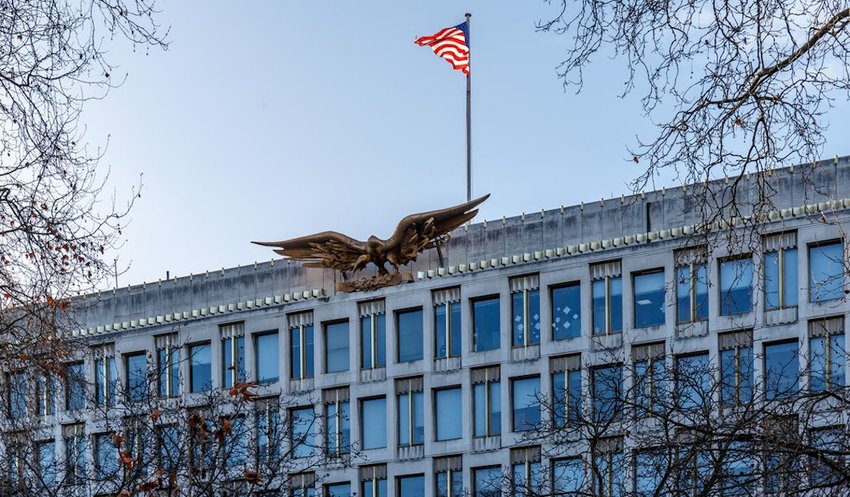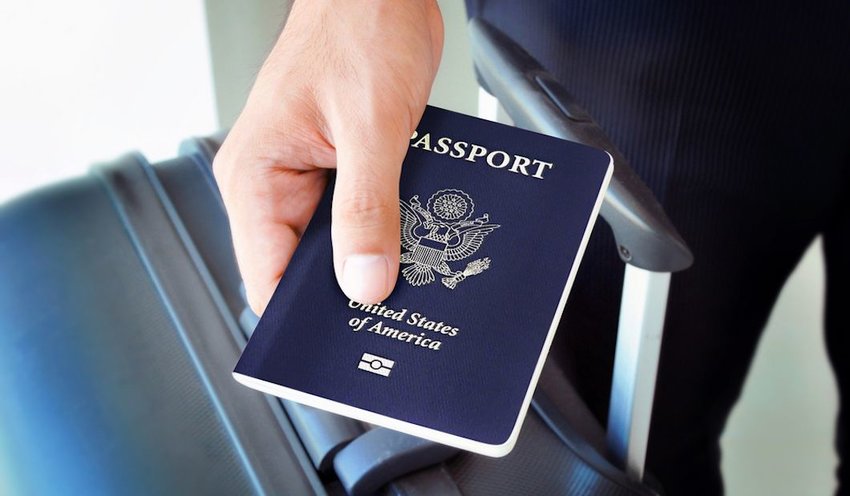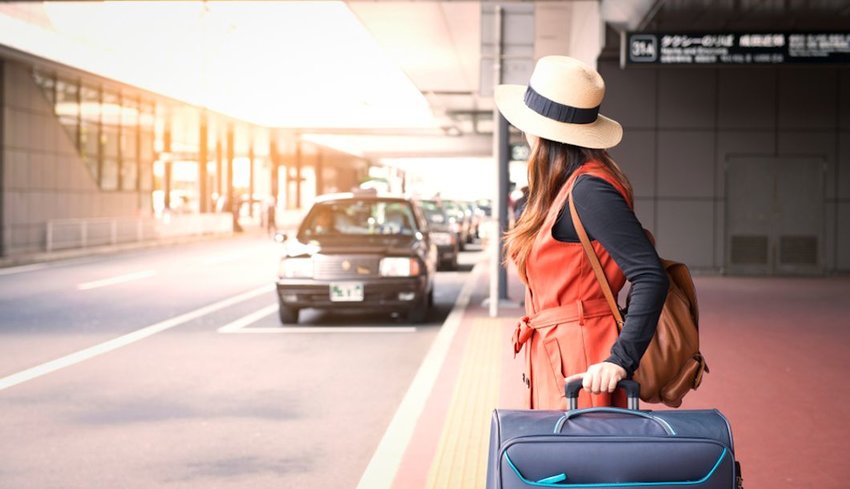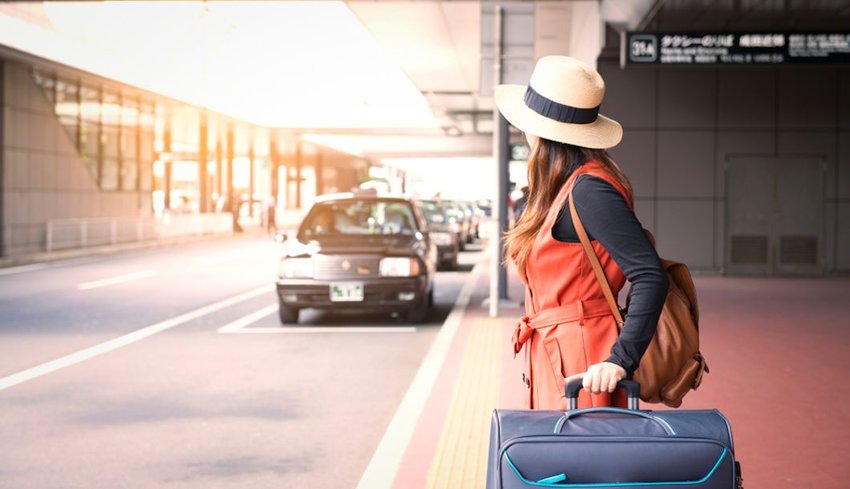There is so much travel safety advice out there that you may wonder if it's even possible to have fun on vacation when you're constantly looking over your shoulder or waiting for an accident, crime or other disaster to happen. Alternatively, you might be tempted to throw caution to the wind entirely and dive headfirst into every adventure.
Neither of those approaches is healthy or realistic. Travelers need to find the line between exploring boldly and hiding in a tourist bubble. Instead of scaring you to death with horror stories or emboldening you to behave recklessly, we're here to simply provide the travel safety tips you should always follow.
Get Familiar with the State Department

Before stepping out into a new land, do some research. You don't need to learn the entire history of your destination, but it helps to at least know some information in case of or to prevent an emergency situation, and a lot of that info is available through the U.S. State Department. Where is the nearest U.S. embassy? What phone number is used for emergency services? Are there any neighborhoods to avoid? Are there protests going on where you're headed? Write down or save that information on your phone and keep it on you at all times while traveling.
You should also register with the U.S. Embassy if you're traveling overseas using the Smart Traveler Enrollment Program (STEP).
Keep an Emergency Card Accessible
Write down (on your phone and by hand, ideally laminated) a list of emergency contacts, as well as any medical conditions, health issues, medications and allergies you may have. Keep the printed copy with your ID in case of an emergency. It's also not a bad idea to look up the translation of any medical considerations ahead of time, in case you need to quickly convey information to a foreign official.
Make Copies of Important Documents

Make copies of your driver's license, passport, birth certificate and any other important documents you may need to travel. Save them to your cloud (and for the love of God, make sure you have a good password) and keep printouts with you in a secure place on your person in case you have issues getting home.
Have a Contact at Home Keep Tabs
Before leaving for your trip, make arrangements with someone at home to check in daily. Also send this person a copy of your travel itinerary so they know where you'll be when in case of an emergency. Bonus: Having someone who knows where you are can also save your loved ones from scam callers who pretend to be you to get them to wire money overseas.
Lock Up Your Valuables (And Leave Them Home)
First things first: Wearing a diamond chain does not mean you are asking to get robbed. It is never a victim's fault if someone else commits a crime. That said, most robberies, burglaries, muggings and thefts are crimes of opportunity. If you don't bring anything pricey with you, none of it can get stolen. If, for some reason, you do need to bring valuables with you on a trip, keep them locked in your hotel safe. For valuables you carry on your person, like your phone, laptop, passport, etc., keep a small slash-proof bag with lots of pockets and a lock with these items so they won't get lost amid all of your other stuff.
Keep Records of Your Rides

Always double check your Uber driver's name and license plate before getting inside of a vehicle. If you take a taxi, text or take a photo of the taxi ID number. These won't just keep you safe, they'll also come in handy if you leave something behind in the car.
Make Sure You're Insured
Check with your health insurer before you leave for your trip to see if you'll be covered overseas. You may also want to spring for travel insurance in case of an emergency, be it medical, natural or national, while you're away.
Pay Attention and Don't Stand Out

Finally, it seems obvious, but it's easy to be so distracted by your scenery or getting the perfect selfie angle that you may not necessarily notice pickpocket sweeping through the crowd. Further, if you stick out as an obvious tourist, you're more likely to become a mark for bad people. You don't need to stare strangers down, but you should carry yourself with both confidence and the necessary observation to make it clear that you've got your eye on your personal space.
